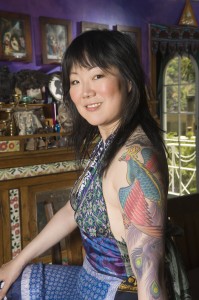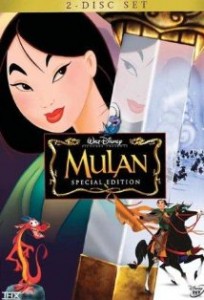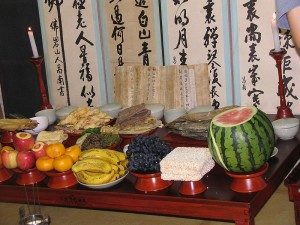Go Away With … Hines Ward

Born in Seoul, South Korea, to an African-American father and a Korean mother, Pittsburgh Steelers’ wide receiver Hines Ward was raised in Atlanta by his mother after his parents divorced. Because he looked “different,” it was challenging to make friends. But football became the great equalizer and suddenly no one cared what color the young phenom was. Now 35, Ward is the first Korean-American to have won the Super Bowl MVP Award. He’s hoping that his agility on the gridiron carries over to the ballroom. Ward is one of the contestants competing on ABC’s “Dancing with the Stars” this season.







